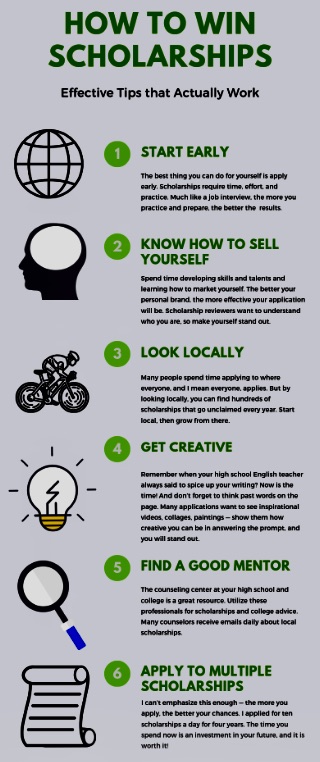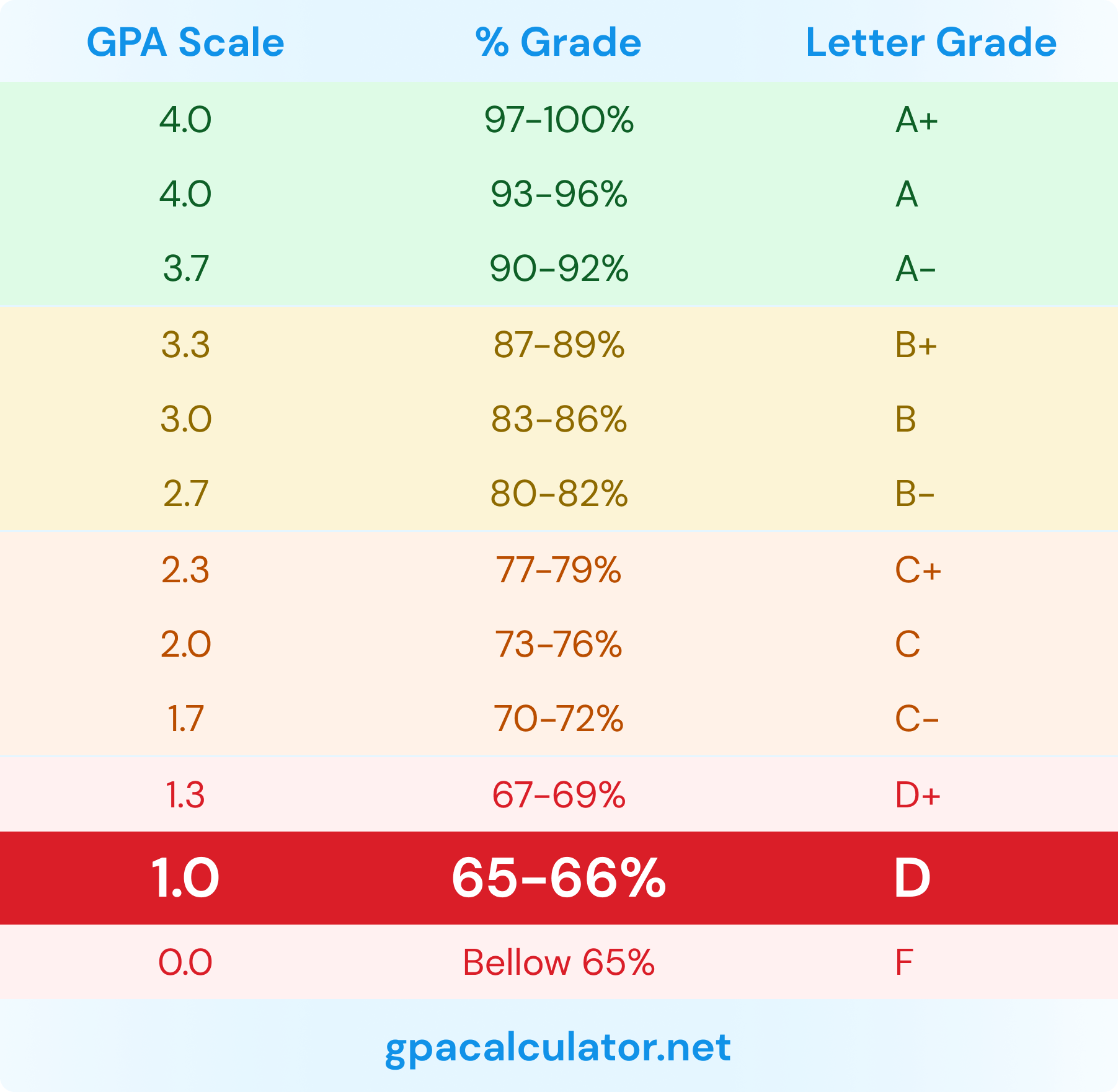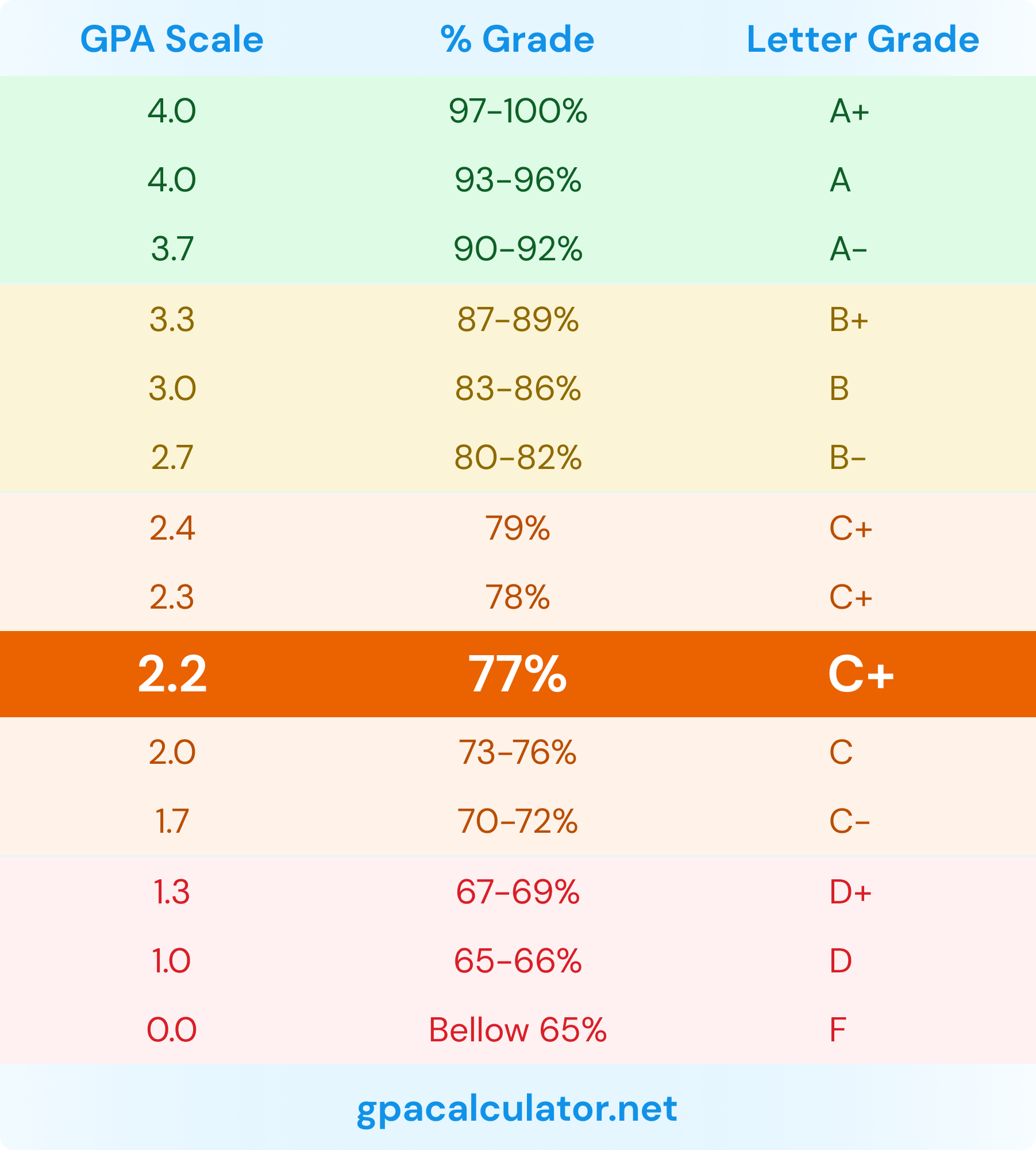How to Apply for Scholarships with No GPA Requirement

Navigating the world of scholarships can feel daunting, especially when GPA requirements seem like an insurmountable barrier. However, numerous scholarship opportunities exist that don't solely rely on academic performance. This article unveils strategies for uncovering and applying to scholarships that prioritize factors beyond GPA, such as extracurricular activities, community involvement, unique talents, personal essays, and financial need. Learn how to effectively showcase your strengths and experiences to impress scholarship committees, even without a stellar GPA. Discover resources and tips to maximize your chances of securing funding for your education.
How to Apply for Scholarships with No GPA Requirement
Finding scholarships without a GPA requirement might seem challenging, but it's certainly achievable. Many organizations and institutions offer scholarships based on factors other than academic performance, such as leadership skills, community involvement, talent, or specific interests. The key is to broaden your search and focus on highlighting your strengths in areas that these scholarships value. Start by researching scholarships specifically designed for students with unique circumstances, like those facing financial hardship or pursuing unconventional career paths. Remember to tailor your application to each scholarship's specific criteria, emphasizing your qualifications and experiences that align with their values.
Identify Scholarships That Don't Require a GPA
The first step is to actively seek out scholarships that explicitly state they do not require a GPA or have a very low GPA threshold. Utilize online scholarship search engines, but refine your search by adding keywords like "no GPA," "alternative scholarships," or "merit-based without GPA." Explore websites of organizations related to your interests, hobbies, or field of study, as they might offer scholarships with alternative eligibility criteria. Furthermore, contacting your high school or college counselor can provide valuable information on local scholarships with less stringent academic requirements.
Highlight Your Strengths Beyond Academics
Since your GPA isn't a primary consideration, emphasize your other strengths and accomplishments in your application. Showcase your leadership experience, volunteer work, extracurricular activities, unique talents, or any other skills that make you stand out. Provide concrete examples and quantifiable results whenever possible, demonstrating the impact you've made in your chosen areas. Craft a compelling narrative that highlights your passion, dedication, and potential for future success, even if your GPA doesn't fully reflect your capabilities.
Craft a Compelling Personal Essay
The personal essay is your chance to shine and demonstrate your personality, motivations, and aspirations. Use it to tell your story in a way that captures the attention of the scholarship committee. Explain any circumstances that may have impacted your academic performance and how you have overcome these challenges. Focus on your personal growth, resilience, and determination to succeed, emphasizing your goals and how the scholarship will help you achieve them. Be authentic, sincere, and let your unique voice shine through.
Seek Strong Letters of Recommendation
Letters of recommendation can significantly strengthen your application, especially when your GPA isn't the focus. Request letters from teachers, mentors, employers, or community leaders who know you well and can attest to your strengths, character, and potential. Provide them with a detailed resume and a summary of your accomplishments, highlighting the skills and experiences that align with the scholarship's criteria. Encourage them to share specific anecdotes and examples that showcase your qualities and demonstrate your suitability for the award.
Provide a Detailed Portfolio or Showcase of Your Work
If the scholarship is related to a specific talent, skill, or field of study, consider submitting a portfolio or showcase of your work. This could include examples of your writing, artwork, musical performances, coding projects, or any other relevant creations. A well-crafted portfolio can demonstrate your abilities and passion far more effectively than a GPA. Make sure your portfolio is professional, organized, and showcases your best work, highlighting your skills and creativity.
| Scholarship Focus | Example Requirement (Besides GPA) | Application Tip |
|---|---|---|
| Community Service | Significant volunteer hours | Highlight specific contributions and impact. |
| Creative Arts | Portfolio submission | Showcase your best and most relevant work. |
| Leadership | Leadership roles in organizations | Quantify your achievements and responsibilities. |
| Financial Need | FAFSA submission, income verification | Clearly explain your financial situation and needs. |
| Specific Major/Interest | Essay about your passion for the field | Demonstrate your knowledge and enthusiasm. |
Are there scholarships that don't require GPA?
Focus on Talents and Skills
- Many scholarships reward exceptional talent in areas like arts, music, writing, or athletics. These often require submitting portfolios, auditioning, or demonstrating skill through competition.
- Some scholarships target students pursuing specific trades or vocational skills. This is especially common for programs related to technical fields, culinary arts, or automotive repair.
- Consider exploring scholarships that reward specific skills, such as leadership, communication, or problem-solving. These may require essays or recommendations highlighting these abilities.
Community Service and Volunteerism Scholarships
- Several organizations offer scholarships to students with a strong history of community involvement and volunteer work. These scholarships recognize the value of civic engagement.
- You'll likely need to provide documentation of your volunteer hours and responsibilities. Strong letters of recommendation from supervisors at your volunteer organizations can greatly strengthen your application.
- These types of scholarships emphasize the impact you've made on your community, the skills you've gained, and your commitment to service.
Essay-Based and Creative Scholarships
- Essay-based scholarships often require you to respond to a prompt or discuss a specific topic. These scholarships allow you to showcase your writing skills and critical thinking abilities.
- Creative scholarships may require you to submit a piece of artwork, a short film, a song, or another type of creative project. These scholarships are a great fit if you possess artistic talent and innovative ideas.
- These scholarships focus on your ability to articulate your thoughts, express yourself creatively, and demonstrate your passion for a particular subject or issue.
Need-Based Scholarships
- Need-based scholarships provide financial assistance to students with demonstrated financial need. These scholarships typically require you to submit a FAFSA (Free Application for Federal Student Aid) form.
- These scholarships aim to make education more accessible to students from low-income backgrounds. They can cover tuition, fees, and other educational expenses.
- Be prepared to provide documentation of your family's income and assets. The application process may also involve writing an essay explaining your financial situation and educational goals.
Scholarships Based on Specific Demographics or Affiliations
- Many scholarships are targeted towards students from specific racial or ethnic backgrounds. These scholarships aim to promote diversity and support underrepresented groups in higher education.
- Some scholarships are available to students with specific religious affiliations, medical conditions, or disabilities. These scholarships provide tailored support to meet the unique needs of these students.
- Consider exploring scholarships offered by organizations or associations related to your parents' or grandparents' employment, military service, or membership in a particular group.
Can I get a scholarship with a 1.0 GPA?

What Are the General GPA Requirements for Scholarships?
- Most scholarships require a minimum GPA of 3.0 or higher. This benchmark demonstrates a consistent level of academic achievement.
- Some scholarships targeting specific demographics or fields might have slightly lower GPA requirements, such as 2.5, but these are still significantly higher than a 1.0.
- Merit-based scholarships almost always place a strong emphasis on GPA. They are designed to reward students who have excelled academically.
Are There Scholarships That Don't Consider GPA?
- Some scholarships focus on factors other than academics, such as leadership, community involvement, or specific talents. These scholarships might not explicitly require a GPA.
- Scholarships based on financial need, such as Pell Grants and some institutional aid, prioritize financial circumstances over academic performance. However, even these often require satisfactory academic progress to maintain eligibility.
- Look for scholarships from smaller, local organizations or foundations. They may have less stringent GPA requirements.
How Can I Improve My Chances of Getting Financial Aid with a Low GPA?
- Focus on improving your GPA. This is the most direct way to increase your eligibility for scholarships.
- Highlight your strengths in other areas. If you excel in extracurricular activities, leadership roles, or volunteer work, emphasize these in your applications.
- Write a compelling personal essay explaining the circumstances that led to your low GPA and how you are working to improve. Be honest and take responsibility.
What Other Forms of Financial Aid Are Available?
- Explore federal and state grants. These are need-based and don't require repayment. Start with the FAFSA (Free Application for Federal Student Aid).
- Consider student loans. While they need to be repaid with interest, they can help cover educational expenses.
- Investigate work-study programs. These programs allow you to earn money while attending school.
Where Can I Find Scholarships That Might Be a Good Fit?
- Use online scholarship search engines like Fastweb, Scholarships.com, and Sallie Mae. Filter your search based on your qualifications and interests.
- Contact your school's financial aid office. They can provide information about scholarships and grants offered by the institution.
- Reach out to local organizations, businesses, and community groups to inquire about scholarship opportunities.
What GPA do you need to get a free scholarship?

Minimum GPA Requirements and Expectations
While there isn't a magic GPA number, understanding minimums is crucial. Many scholarships, particularly those offered by universities, will have a stated minimum GPA requirement. Falling below this threshold automatically disqualifies you. Therefore, it's imperative to meticulously research the specific GPA requirements of each scholarship you're targeting. This information is usually available on the scholarship provider's website or in their application guidelines.
- Check the official scholarship website for GPA requirements.
- Understand the difference between weighted and unweighted GPA.
- Realize that meeting the minimum doesn't guarantee an award; it simply makes you eligible.
Impact of Standardized Test Scores
While GPA is important, standardized test scores (SAT/ACT) often play a significant role, especially for merit-based scholarships. A slightly lower GPA might be offset by exceptionally high test scores. Scholarship committees use these scores to assess academic aptitude and compare applicants from diverse educational backgrounds. Therefore, preparing diligently for the SAT/ACT is crucial to maximizing your scholarship opportunities.
- Research the average SAT/ACT scores of past scholarship recipients.
- Consider test-optional policies and how they impact scholarship eligibility.
- Focus on improving your scores in areas where you're weaker.
Extracurricular Activities and Leadership Roles
Scholarship committees are looking for well-rounded individuals, not just academic achievers. Active participation in extracurricular activities, especially leadership roles, demonstrates commitment, teamwork, and other valuable skills. These activities should align with your interests and passions and showcase your ability to contribute to a community.
- Highlight your most impactful extracurricular experiences.
- Quantify your achievements whenever possible (e.g., "Increased club membership by 20%").
- Focus on depth of involvement rather than a long list of superficial activities.
The Essay and Personal Statement
The essay or personal statement provides an opportunity to showcase your personality, goals, and unique experiences. A compelling essay can significantly impact your scholarship application, even if your GPA isn't perfect. This is your chance to demonstrate your writing skills, critical thinking abilities, and passion for your chosen field of study. Use the essay to explain circumstances that may have impacted your GPA (e.g., a family emergency) in a positive light.
- Start writing your essay well in advance of the deadline.
- Seek feedback from teachers, counselors, or writing center staff.
- Proofread carefully for grammar and spelling errors.
Need-Based vs. Merit-Based Scholarships
Understanding the distinction between need-based and merit-based scholarships is crucial. Need-based scholarships prioritize financial need, so a lower GPA might be acceptable if you can demonstrate significant financial hardship. Merit-based scholarships, on the other hand, primarily reward academic achievement, leadership, and other accomplishments. Your strategy for applying for scholarships should reflect the type of scholarship you're pursuing.
- Gather all necessary financial documentation for need-based applications (e.g., tax returns, FAFSA).
- Tailor your application to emphasize the criteria that are most important for each type of scholarship.
- Apply for a mix of need-based and merit-based scholarships to maximize your chances of success.
Can I get a scholarship with a 2.2 GPA?

Scholarships Based on Factors Other Than GPA
Many scholarships prioritize qualities and circumstances beyond GPA. Focusing on scholarships tied to financial need, specific skills, or community service can significantly increase your chances. These scholarships often look at the whole picture of an applicant, rather than solely relying on academic performance. Look for scholarships related to your hobbies, extracurricular activities, or even unique personal experiences.
- Financial Need-Based Scholarships: These scholarships consider your family's income and financial situation.
- Activity-Based Scholarships: Awards are given for participation in sports, clubs, or volunteer work.
- Identity-Based Scholarships: Certain scholarships are designated for students from specific ethnic, racial, or gender backgrounds.
Improving Your Scholarship Application
A low GPA doesn't necessarily disqualify you if you can highlight other aspects of your application. A strong essay, compelling letters of recommendation, and a well-documented history of extracurricular involvement can compensate for a lower GPA. Use the application as an opportunity to explain any circumstances that may have affected your academic performance and to demonstrate your potential for success. Showcasing leadership skills and demonstrating a strong work ethic are crucial.
- Craft a Compelling Essay: This is your chance to explain any challenges and highlight your strengths.
- Obtain Strong Letters of Recommendation: Ask teachers, mentors, or employers who know you well.
- Document Your Extracurricular Activities: Showcase your involvement and leadership roles.
Where to Look for Scholarships
Finding the right scholarships requires targeted research. Utilize online scholarship search engines, contact your high school or college guidance counselor, and explore resources provided by organizations related to your field of study. Look beyond the big, well-known scholarships and explore smaller, more niche opportunities. Local scholarships can be less competitive.
- Online Scholarship Search Engines: Websites like Scholarships.com, Fastweb, and Niche.com can help you find relevant scholarships.
- High School/College Guidance Counselor: They can provide information on local and institutional scholarships.
- Organizations Related to Your Field: Professional organizations often offer scholarships to students in their fields.
GPA Requirements are Not Always Set in Stone
While many scholarships have minimum GPA requirements, these are sometimes negotiable. If you meet most other criteria, it's worth applying even if your GPA is slightly below the stated requirement. Some scholarship committees are willing to make exceptions for students who demonstrate exceptional potential in other areas. Reach out to the scholarship provider to clarify their specific requirements and inquire about potential flexibility.
- Apply Even If You're Close: Don't automatically disqualify yourself if you're just below the GPA cutoff.
- Contact the Scholarship Provider: Inquire about their specific requirements and potential exceptions.
- Highlight Your Strengths in the Application: Make a case for why you deserve the scholarship despite your GPA.
Focus on Local and Niche Scholarships
Large national scholarships are highly competitive. Focusing your efforts on local scholarships offered by community organizations or niche scholarships targeted at specific demographics or fields of study can significantly increase your chances. These scholarships often have fewer applicants and may be more lenient with GPA requirements.
- Community Scholarships: Look for scholarships offered by local businesses, churches, and community organizations.
- Niche Scholarships: Explore scholarships related to your hobbies, ethnicity, or specific interests.
- Smaller Applicant Pools: These scholarships often have fewer applicants, increasing your odds of success.
Frequently asked questions
Are there really scholarships available that don't require a GPA?
Yes, absolutely! While many scholarships place a strong emphasis on academic achievement as reflected by GPA, there are numerous scholarships that focus on other factors. These scholarships often prioritize community involvement, leadership skills, extracurricular activities, financial need, specific talents, or belonging to a particular demographic group. Researching scholarships based on these criteria can significantly increase your chances of finding opportunities that don't require a high GPA.
What factors do scholarship committees consider if not GPA?
If a scholarship doesn't require a GPA, the selection committee will often look at a variety of other qualifications. Essays are frequently a crucial component, allowing you to showcase your personal story, aspirations, and passion for your chosen field. Other factors may include letters of recommendation, demonstrating your character and work ethic, your extracurricular involvement, highlighting your commitment and leadership abilities, and a demonstrated commitment to community service.
How can I find scholarships that don't require a GPA?
Finding scholarships without GPA requirements requires a bit more digging, but it's definitely achievable. Start by utilizing online scholarship search engines and filtering by categories like "no GPA required" or focusing on scholarships based on merit, talent, or specific demographics. Additionally, explore local community organizations, non-profits, and professional associations related to your field of study, as they often offer scholarships with less stringent academic requirements. Don't forget to check with your high school's guidance counselor or college's financial aid office as they may have lists of local and regional scholarship opportunities.
What if my GPA is low; should I still apply for scholarships?
Absolutely! Even with a lower GPA, you should definitely apply for scholarships. Focus on scholarships that consider holistic achievements and personal qualities rather than solely relying on academic performance. Highlight your strengths, experiences, and passion in your application essays and recommendations. Remember that many scholarships are specifically designed for students facing financial hardship, overcoming adversity, or pursuing non-traditional career paths, so don't let a lower GPA discourage you from applying.
